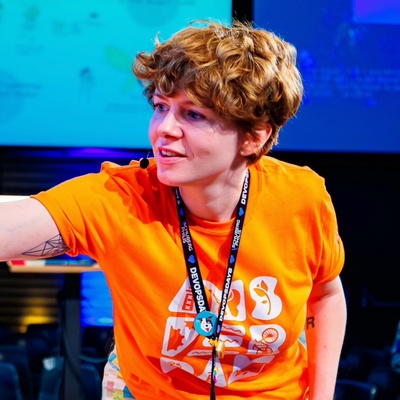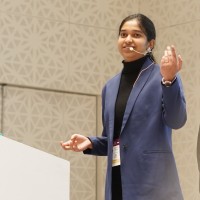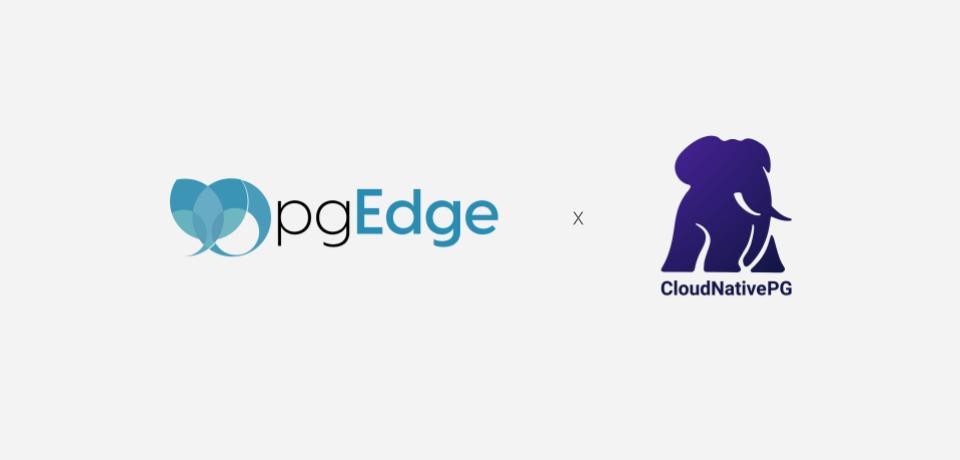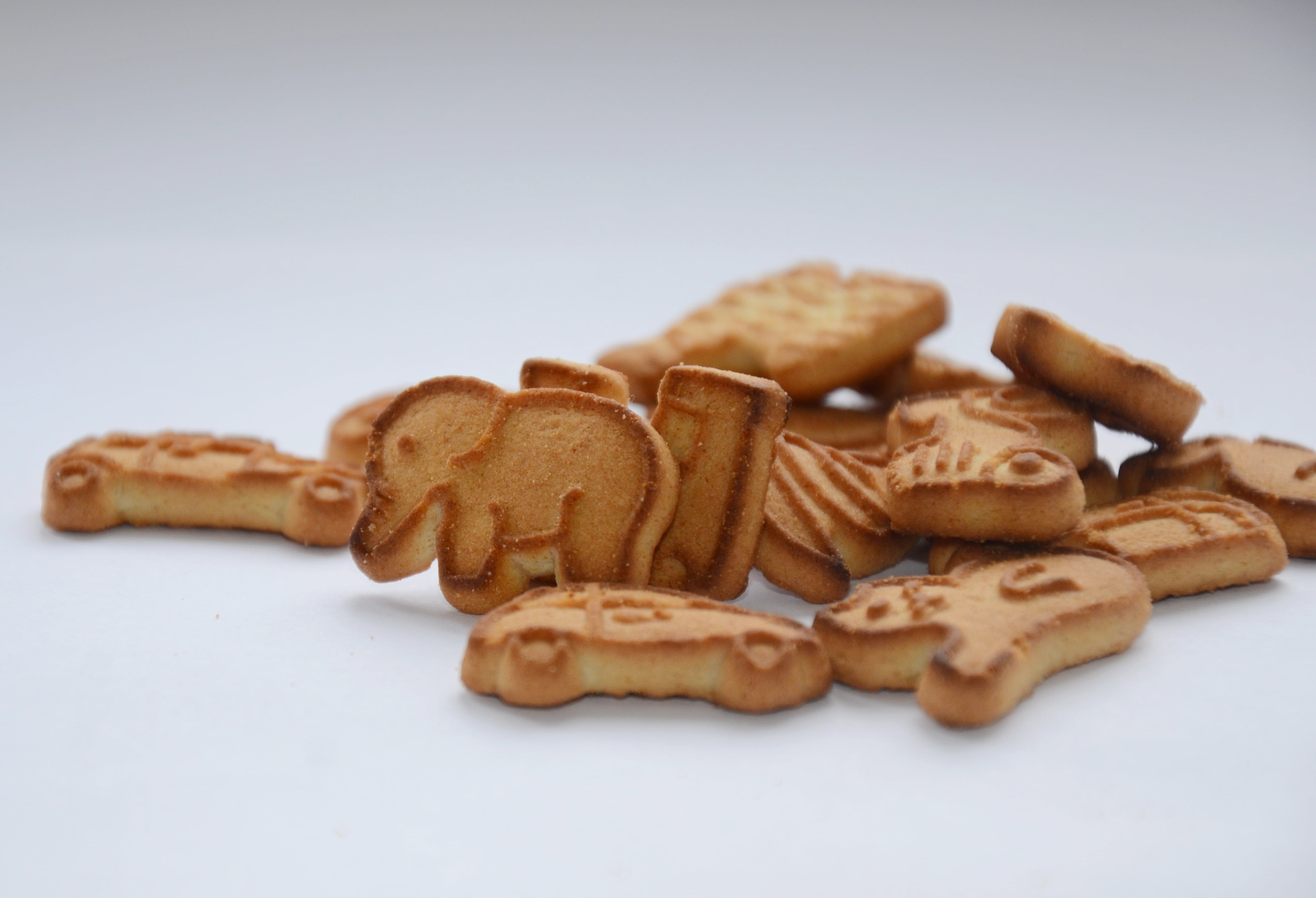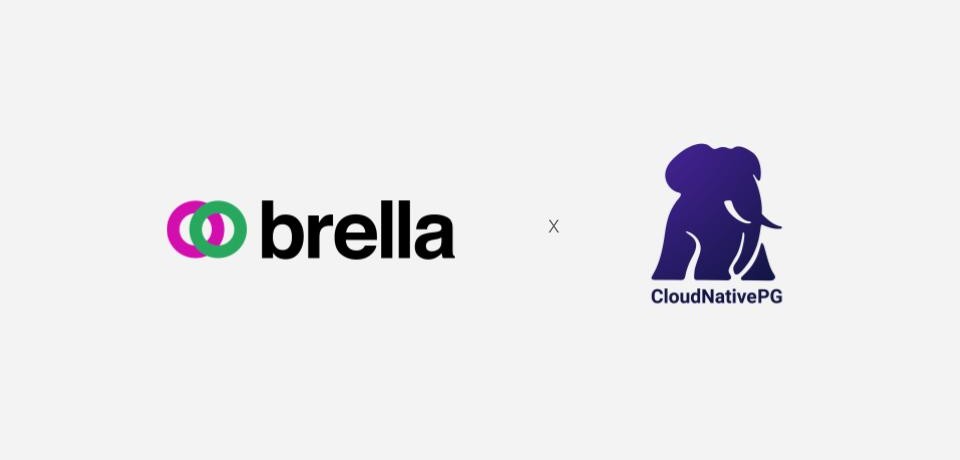Customizing the docker build bake hcl file
August 22, 2025 • 3 minutes

Summary
The other week Jonathan Gonzalez wrote an
article on
how to customize docker images using an override hcl file.
Before the postgres-containers repo
was enhanced with the option to build the images with docker build bake,
I had to follow these steps manually in order to have custom images for our workloads.
- clone the repo
- edit the dockerfile
- build the image
- push it to the registry
Edit, build and push had to be done for each PostgreSQL version. So a lot of boring work needed to be done in order to have updated images. The chance to avoid this work sounded promising to me, so I started with the hcl file Jonathan wrote, and adapted it to fit my needs. After a troubleshooting session with Jonathan, he asked me to share the changes I made. So here are my detailed instructions, in case they could prove useful to others.
Instructions
Step 1: Prepare the local Bake file
To build a custom image we add the following content in a local file with name
bake.hcl:
platforms = [
"linux/amd64",
]
extensions = [
"dbgsym",
"partman",
"oracle-fdw",
"squeeze",
"show-plans",
"cron",
"tds-fdw",
]
target "myimage" {
dockerfile-inline = <<EOT
ARG BASE_IMAGE="ghcr.io/cloudnative-pg/postgresql:16.9-standard-bookworm"
FROM $BASE_IMAGE AS myimage
ARG EXTENSIONS
USER root
RUN apt-get update && \
apt-get install -y --no-install-recommends $EXTENSIONS \
ldap-utils \
ca-certificates \
openssl \
procps \
postgresql-plpython3-"${getMajor(pgVersion)}" \
python3-psutil \
pgtop \
pg-activity \
nmon \
libsybdb5 \
freetds-dev \
freetds-common && \
apt-get purge -y --auto-remove -o APT::AutoRemove::RecommendsImportant=false && \
rm -rf /var/lib/apt/lists/* /var/cache/* /var/log/*
RUN sed -i -e 's/# de_AT.UTF-8 UTF-8/de_AT.UTF-8 UTF-8/' /etc/locale.gen && \
locale-gen
ADD https://your.git.url/postgresql/-/blob/main/.psqlrc?ref_type=heads /var/lib/postgresql/
ADD https://your.git.url/cloudnativepg/-/blob/main/bake/files/etc/ldap/ldap.conf?ref_type=heads /etc/ldap/
ADD https://your.git.url/cloudnativepg/-/blob/main/bake/files/usr/local/share/ca-certificates/EuropeanSSLServerCA2.crt?ref_type=heads /usr/local/share/ca-certificates/
ADD https://your.git.url/cloudnativepg/-/blob/main/bake/files/usr/local/share/ca-certificates/RootCA1v0.crt?ref_type=heads /usr/local/share/ca-certificates/
ADD https://your.git.url/cloudnativepg/-/blob/main/bake/files/usr/local/share/ca-certificates/SubCA1v1.crt?ref_type=heads /usr/local/share/ca-certificates/
RUN update-ca-certificates
USER 26
EOT
matrix = {
tgt = [
"myimage"
]
pgVersion = [
"13.21",
"14.18",
"15.13",
"16.9",
"17.5",
]
}
name = "postgresql-${index(split(".",cleanVersion(pgVersion)),0)}-standard-bookworm"
target = "${tgt}"
args = {
BASE_IMAGE = "ghcr.io/cloudnative-pg/postgresql:${cleanVersion(pgVersion)}-standard-bookworm",
EXTENSIONS = "${getExtensionsString(pgVersion, extensions)}",
}
}
Starting at the beginning of the file:
- The
platformsvariable islinux/amd64for all of my images. - The
extensionsvariable contains some extensions I use regularly. - The
dockerfile-inlinepart is extended with binaries, some of them are handy to have, some needed by extensions or other tools I use e.g. pgwatch. - With the
sedcommand I add needed locales and build them. - With the
ADDcommands I extend the image with- .psqlrc file, to have a nice psql Command-line even when connecting via
kubectl cnpg psql XXX - ldap.conf and the needed certs
- .psqlrc file, to have a nice psql Command-line even when connecting via
Step 2: Build the image
We can now build the image using the following command:
environment=production registry=your.repo.url docker buildx bake -f docker-bake.hcl -f cwd://bake.hcl "https://github.com/cloudnative-pg/postgres-containers.git" myimage
- The
environmentvariable is set toproductionfor all of my images, because I use the same image to stage it through dev/test/prod. - The
registryvariable contains the repo upload url, so the images get uploaded there instead of thelocalhost:5000registry used in the hcl file.
Step 3: Use it
The only missing step to use the images is to update your Image Catalog / Cluster Image Catalog with the newly built images. Test them and stage them through your environment.
Conclusion
Once you prepare the override file to fit to your needs, the only manual steps to build new images are
- udpate the
pgVersionvariable - run the
docker buildx bakecommand
I hope this helps streamline your image customization process as much as it did mine—feel free to build on it, and share your own improvements too! You can find the supportive team in the CloudNativePG channels on the CNCF Slack workspace.
Categories in this blog post
All categories
- Alerts
- Applications
- Bake
- Benchmarks
- Blog
- Chaos-Engineering
- Ciclops
- Cloudnativepg
- Cncf
- Cnpg
- Community
- Containers
- Continuous-Delivery
- Continuous-Integration
- Dashboards
- Dba
- Debian
- Devops
- Docker
- Documentation
- Docusaurus
- Extensions
- Failover
- FailoverQuorum
- FDW
- ForeignData
- Github
- Grafana
- Graphql
- Hasura
- Helm
- Hetzner
- Imagecatalog
- Images
- ImageVolume
- Information
- K8s
- Kubectl
- Kubernetes
- Lfx
- Linux
- Litmus
- Maintenance
- Mentorship
- Migrations
- Minecraft
- Modernize
- Open-Source
- Operator
- Pdb
- Performance
- Pg16beta1
- Pgbouncer
- PgTAP
- PGXN
- Pooler
- Postgres
- Postgresql
- Preview
- Programming
- Prometheus
- Rails
- React
- Release
- Ruby
- Service-Mesh
- Spotlight
- Sqitch
- Tablespaces
- Testing
- Tutorial
- UX
- Volumesnapshots

